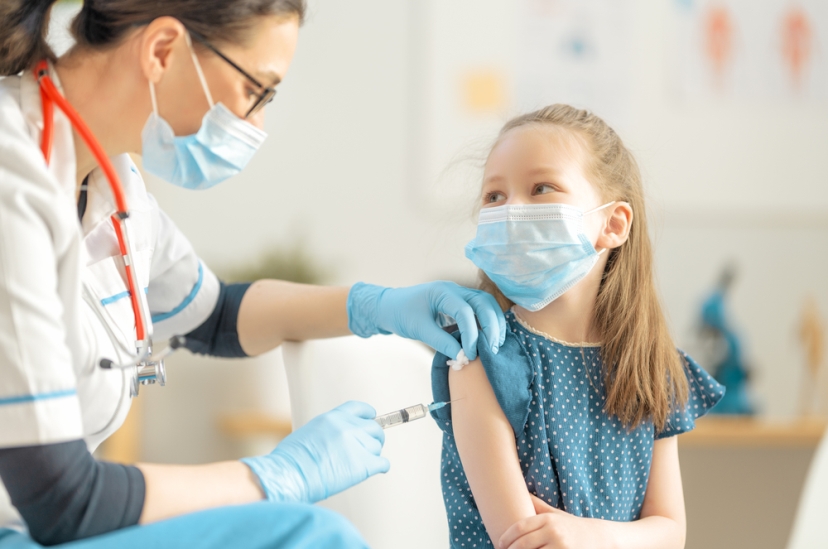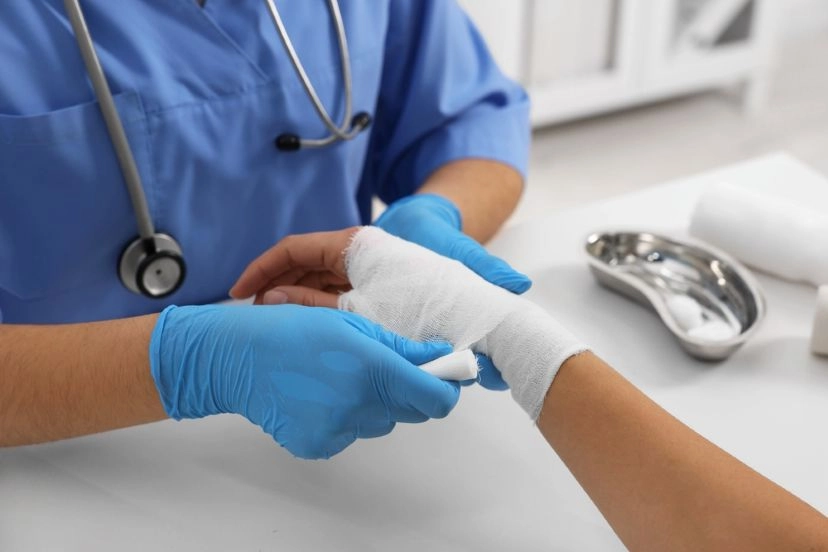RSV Monoclonal Antibody

RSV (Respiratory Syncytial Virus) is one of the leading causes of pneumonia and bronchiolitis in infants and young children, particularly during the rainy or winter seasons. In severe cases, RSV infection can require hospitalization. The risk of serious respiratory complications is higher in certain groups, including premature infants with chronic lung disease, children with congenital heart defects, those with cystic fibrosis, and those with severe immune deficiencies.
Recently, the medical field has introduced a new preventive option against RSV: Nirsevimab, a long-acting monoclonal antibody. This ready-made immunity has been proven to effectively prevent RSV infection and can be administered to children from birth up to 2 years of age.
What is the recommended age for receiving RSV monoclonal antibody (Nirsevimab)?
It is recommended to receive the injection before the RSV season in Thailand, which typically occurs from June to October. The vaccination guidelines are as follows:
1.Infants from birth to 12 months of age : A single-dose injection (one-time only)
2.Children aged 12 to 24 months : Two injections administered at the same time (intramuscularly in two separate sites)
Effectiveness of RSV Monoclonal Antibody (Nirsevimab) in Children
1.Reduces the risk of RSV infection by up to 79.5%
2.Lowers the risk of hospitalization due to lower respiratory tract infections caused by RSV by up to 83.2%
3.Decreases the severity of illness requiring mechanical ventilation in the Intensive Care Unit (ICU) by up to 75.3%
4.Provides protection for up to 5 months, effectively covering the entire RSV season
Early Symptoms of RSV Infection
- Runny nose
- Cough with increased mucus production
- Sneezing
- Nasal congestion
- Fever
- Loss of appetite
- Fatigue or unusual irritability
Severe Symptoms that Require Immediate Medical Attention
- Difficulty breathing or abnormal noisy breathing
- Bluish or pale skin
- Lethargy or unresponsiveness
- Refusal to eat or inability to breastfeed
- High fever that does not subside, especially in infants under 1 year of age
Benefits of Receiving RSV Monoclonal Antibody (Nirsevimab)
1.Immediate protection against RSV nirsevimab provides ready-made antibodies that work immediately to protect against RSV infection—unlike vaccines, which require time for the body to develop its own immune response.
2.Reduces disease severity even if a child contracts RSV after receiving the antibody, symptoms are usually milder. This helps lower the risk of complications such as bronchiolitis or pneumonia.
3.Lowers hospitalization rates studies have shown that Nirsevimab can reduce the risk of hospitalization due to RSV infection by 70–80%.
4.Season-long protection with just one dose a single injection offers protection for several months, covering the entire RSV season (typically during the rainy and winter months).
5.Safe for all infants, including high-risk groups suitable for both healthy infants and those at high risk—such as premature babies or those with heart and lung conditions—aged birth to 12 months.
6.Reduces medical expenses and caregiver burden by lowering the risk of severe illness and hospitalization, it helps ease the financial and emotional burden on families and gives parents greater peace of mind in caring for their little ones.
Pre-exposure protection is a key strategy in safeguarding infants’ health during high-risk viral seasons. A ready-to-use monoclonal antibody like Nirsevimab offers a new and effective option for protecting young children from RSV.
If you have an infant in a high-risk age group, it is highly recommended that parents consult a doctor to evaluate the suitability of receiving this preventive treatment. After all, prevention is always better than cure.


